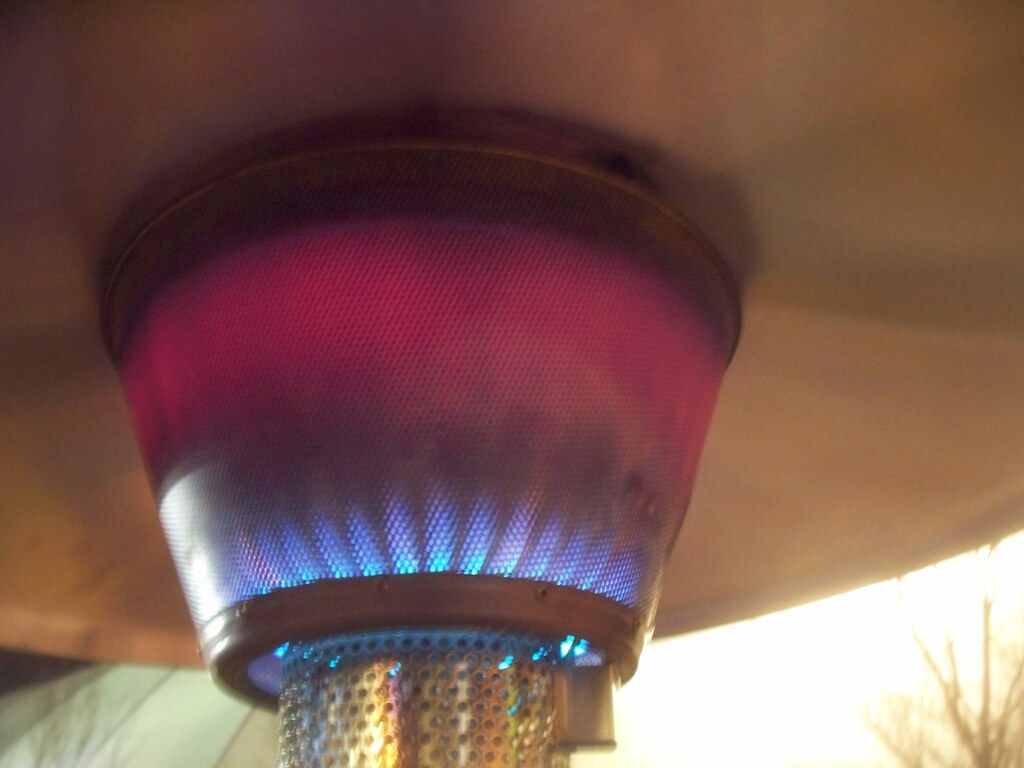
GUIDELINES for Portable Heater Protection
The requirement for deck heaters has more than doubled since the starting point of the pandemic—which trend is likely to keep on. Because propane is really a leading fuel selection for outdoor heating items, the Propane Schooling & Analysis Council (PERC) developed a transportable heater safety reality sheet to educate customers and keep them secure during the colder a few months.
Outdoor propane heaters function by different strategies and emit temperature by convection, pressured surroundings, or through infrared heating system. In addition they vary in capacity, result adjustability, size, and capacity to heat regions of differing square footage. Whether used by homeowners to improve their backyard outdoor or by dining places and hospitality venues to expand their outside spaces, security is of the most importance.
This free of charge, downloadable truth sheet outlines strategies for portable outside propane heater protection including:
- Usually do not operate or lighting the heater in the event that you smell fuel.
- These heaters are usually for outside only use, never for temporary interior make use of.
- Outdoor propane heaters ought to be switched off and disconnected ahead of relocation.
- Keep outside heaters from exits.
- Only use deck heaters on flat, steady surfaces, from foot visitors.
- Keep heaters from flammables.
“When used properly, propane can be an ideal power source for outdoor heating system items—it’s zero-maintenance, green, and affordable,” mentioned Bryan Cordill, director of home and commercial business growth at PERC. “This reality sheet aims to teach the growing amount of residential and industrial construction customers in the united states which are using propane outdoor heaters.”
In addition, because outside propane heaters are driven by portable cylinders, houses and businesses have to be alert to the regulations and basic safety considerations that connect with the storage of transportable cylinders that aren’t used including:
- Never shop propane cylinders indoors.
- Shop cylinders in a well-ventilated area.
- Shop cylinders that aren’t in use at the very least 20 feet from heaters that are usually being used.
- Shop cylinders upright with the valve dealing with up, never laid on the side or ugly.
- Shop cylinders on a company, level surface.
- Store cylinders at the least 10 feet from any way to obtain ignition such as smoking cigarettes areas or air flow conditioning/refrigeration equipment.
- Shop cylinders from where people usually congregate.
Sign-Up to MRM
Want a lot more than five posts per month? Sign-up for a free of charge account. If you are curious in regards to what we perform with your details, please have a look at our ONLINE PRIVACY POLICY & Options web page.
Leave a Reply
You must be logged in to post a comment.